Member Directory,
1847 - 1922
Lyman Abbott
Editor, The Outlook
Centurion, 1907–1922
William R. Richards and William Reed Huntington
Roxbury, Massachusetts
New York (Manhattan), New York
Age seventy-one
New Windsor, New York
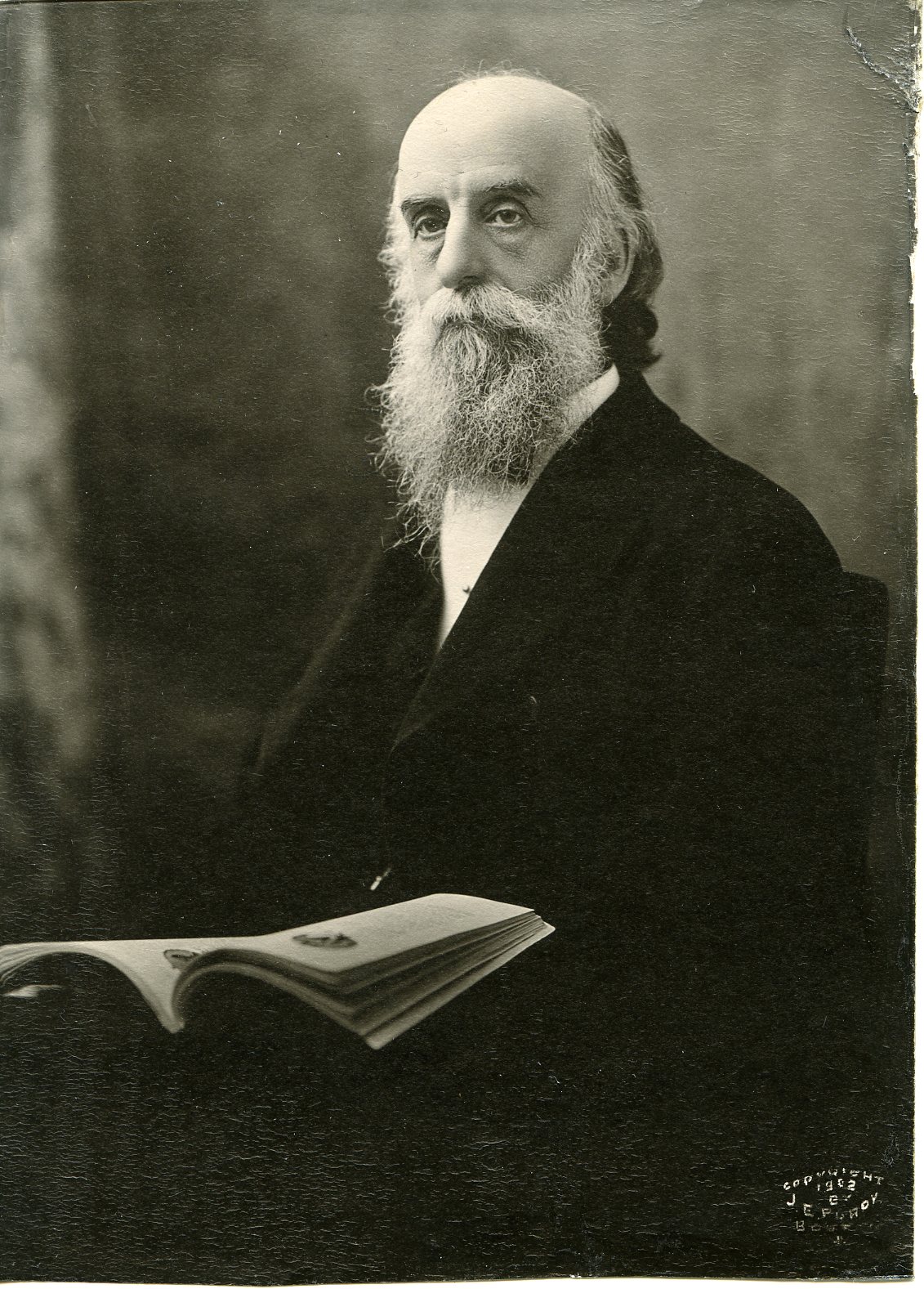
Archivist’s Notes
Father of Lawrence F. Abbott and Theodore Jacob Abbott; grandfather of Lawrence Abbot
Century Memorial
In the personality and career of Lyman Abbott was embodied rather strikingly the change which came over religious thought and religious observance during the last two decades of the nineteenth century. Relegation of formal creed to the background; acceptance of demonstrated scientific truth even when its acceptance compelled modification of beliefs long held to be the teaching of the Scriptures; insistence on the duty of the Church to man equally with its duty to God—this reaction from the inherited Puritanism of the country’s earlier days called for enlightened leadership. To guide it wisely, to escape on the one hand a drift into complete indifference to religion and on the other the linking of religion (as some of our preachers still insist on linking it) with social fads and banalities of the day, leaders were needed whose devotional instinct and human sympathy should be tempered by clear thinking and intellectual balance.
These qualities Dr. Abbott possessed in remarkable measure. As preacher, he held Plymouth Church together in almost unchanged personnel after Beecher’s death, and that happened notwithstanding the complete contrast of his manner, method and intellectual processes with those of Beecher; always excepting the human sympathy and the insistence upon honest freedom of belief for which both men stood. In his editorship of the Outlook, Dr. Abbott had an important part in the transition from the old-time sectarian journalism (which flourished largely because of the Puritan idea that only literature with a Biblical label should be read on Sunday), to the week-end publication which had something to say on all questions, secular or religious, that seriously concerned its readers.
That field Dr. Abbott made his own. His hold upon his readers was a faculty that came not only from experience but from inheritance. Those of us whose childhood textbooks were Jacob Abbott’s stories and John S. C. Abbott’s histories may nowadays question their literary value; nevertheless, we shall have to admit that we always learned something as we read and that our youthful interest in the narrative never flagged. Readers of a much later generation never lost their interest in Lyman Abbott’s writings on very different subjects, addressed to a different and a much larger audience. His clear and simple style, going straight to the heart of topics that interested everybody and carrying both intellectual frankness and spiritual earnestness, made it easy to understand the nation-wide influence which his writings exerted.
Alexander Dana Noyes
1923 Century Association Yearbook
Related Members
Member Directory Home-
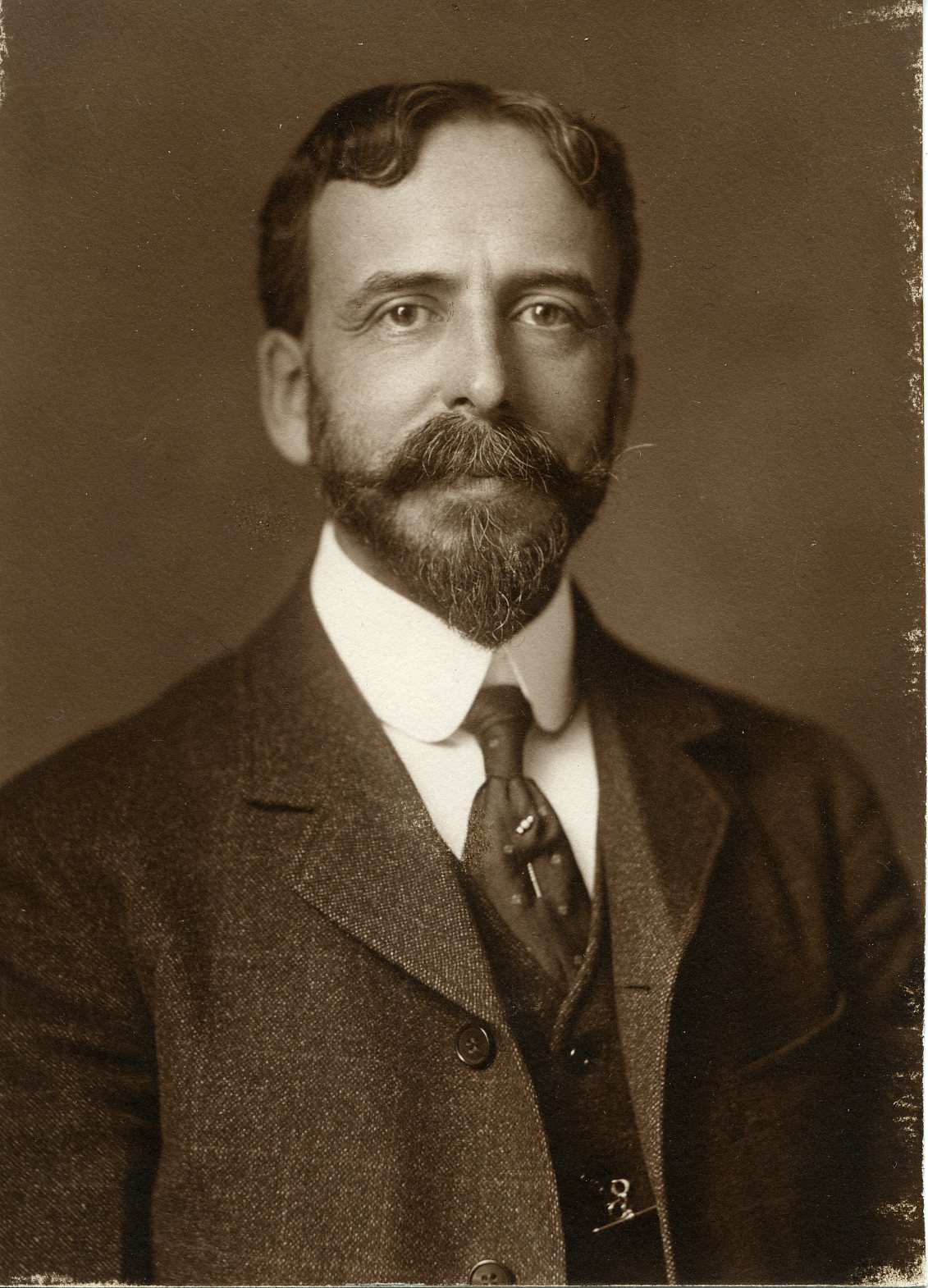 Lawrence F. AbbottEditorCenturion, 1906–1933
Lawrence F. AbbottEditorCenturion, 1906–1933 -
 Nathan AbbottProfessor of LawCenturion, 1910–1914
Nathan AbbottProfessor of LawCenturion, 1910–1914 -
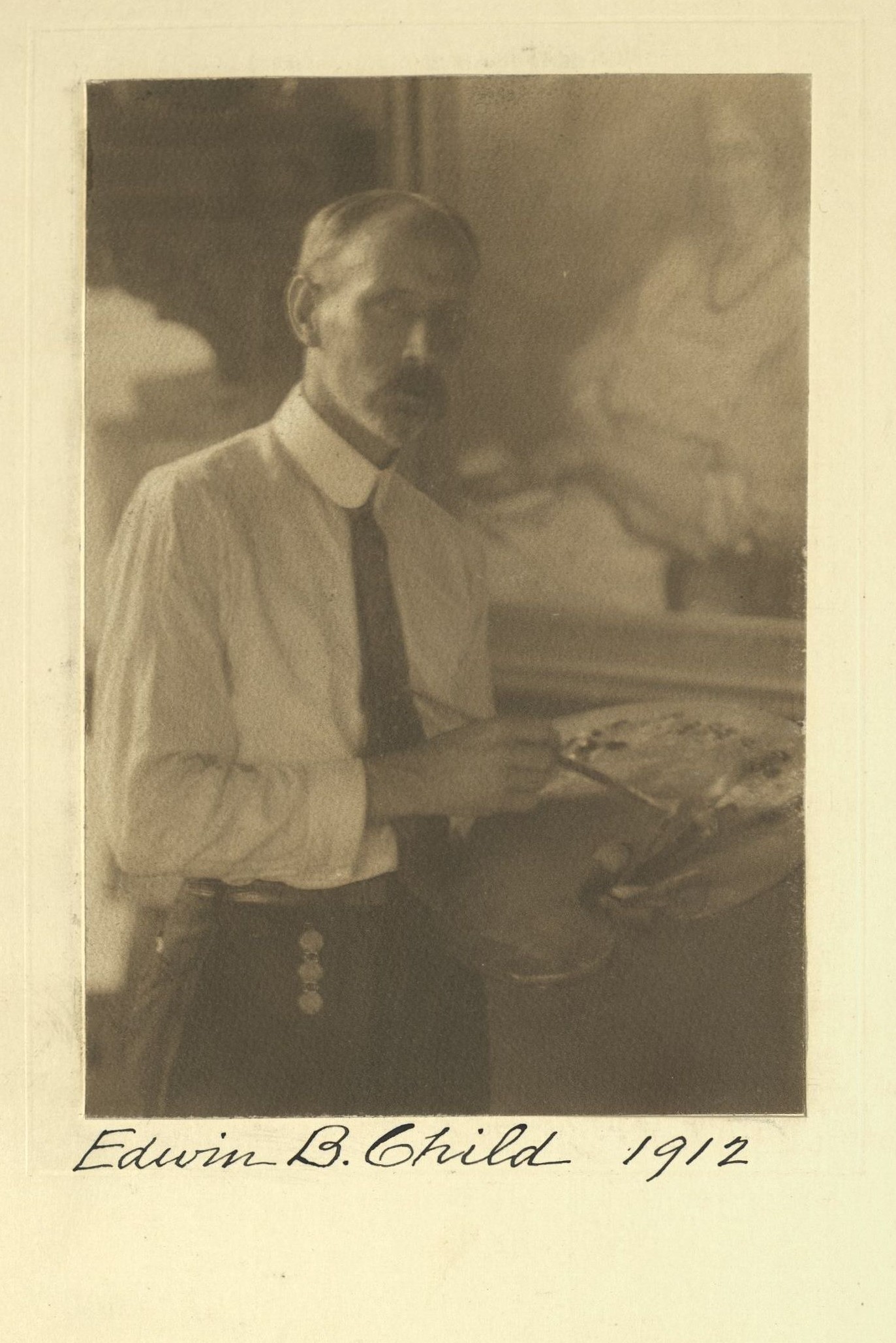 Edwin B. ChildArtistCenturion, 1912–1937
Edwin B. ChildArtistCenturion, 1912–1937 -
 Robert J. CollierEditorCenturion, 1910–1918
Robert J. CollierEditorCenturion, 1910–1918 -
 Royal Storrs HaynesPhysicianCenturion, 1921–1956
Royal Storrs HaynesPhysicianCenturion, 1921–1956 -
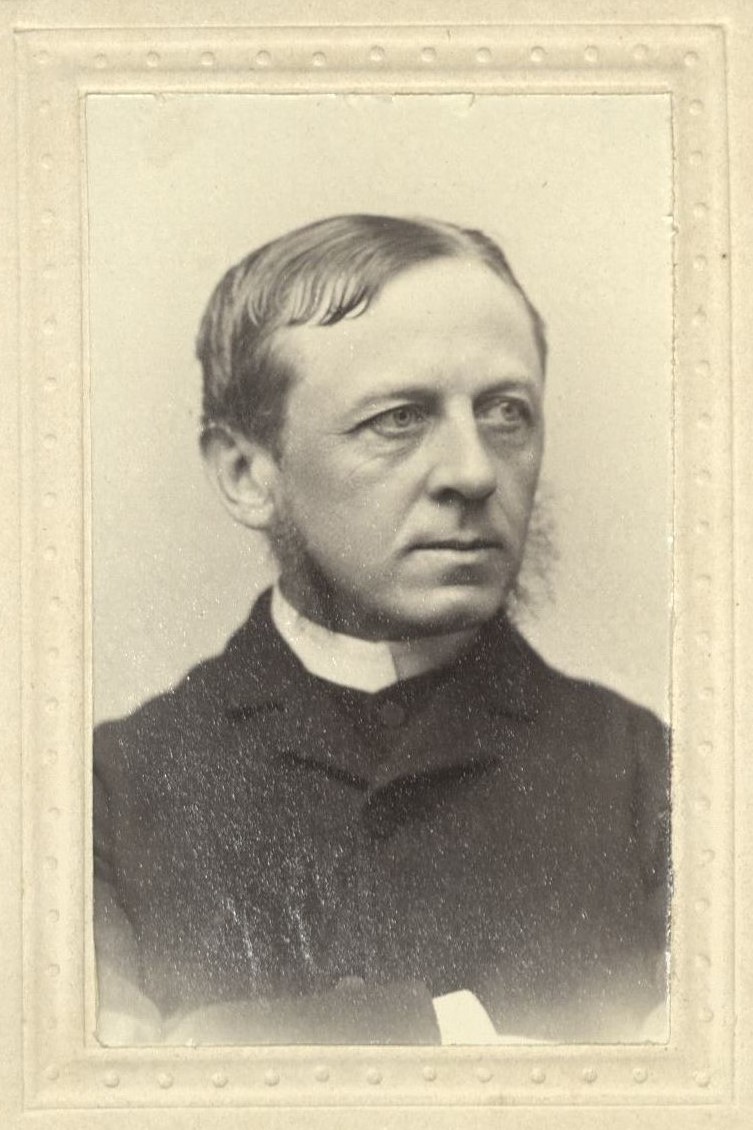 William Reed HuntingtonClergyman/AuthorCenturion, 1886–1909
William Reed HuntingtonClergyman/AuthorCenturion, 1886–1909 -
 William R. RichardsClergymanCenturion, 1903–1910
William R. RichardsClergymanCenturion, 1903–1910 -
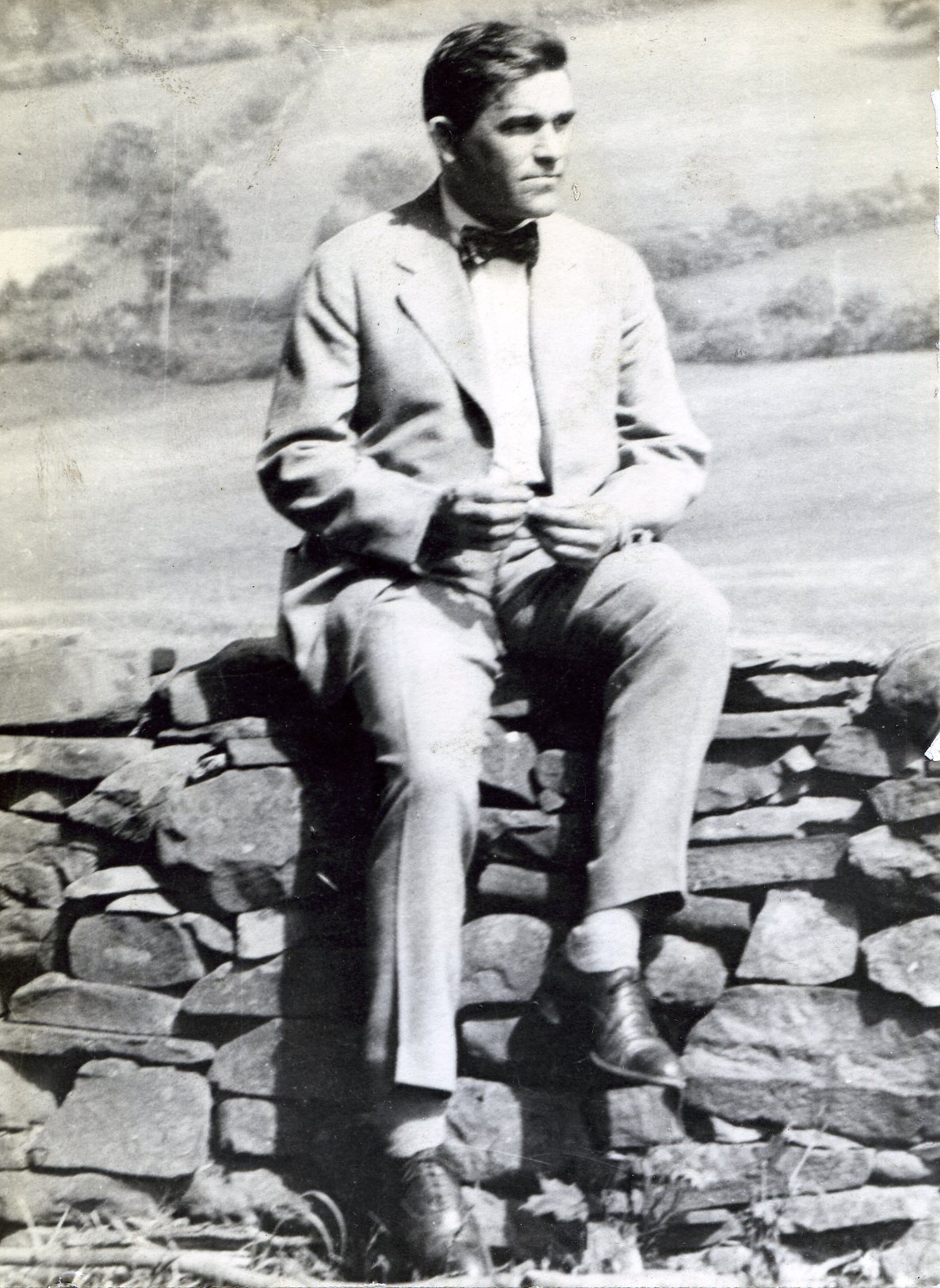 Morgan P. TaylorPublisherCenturion, 1920–1948
Morgan P. TaylorPublisherCenturion, 1920–1948




